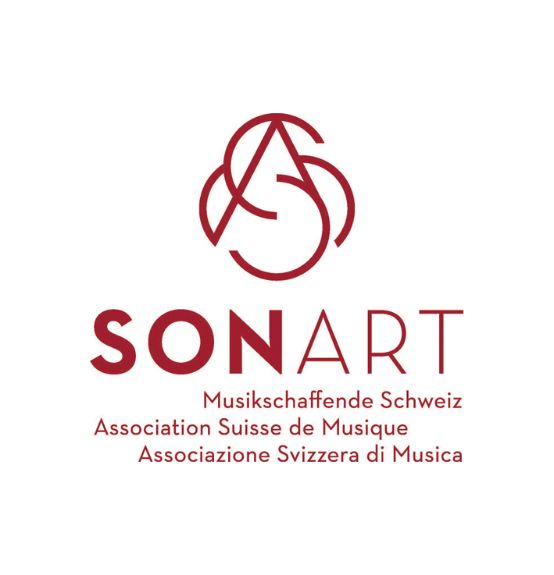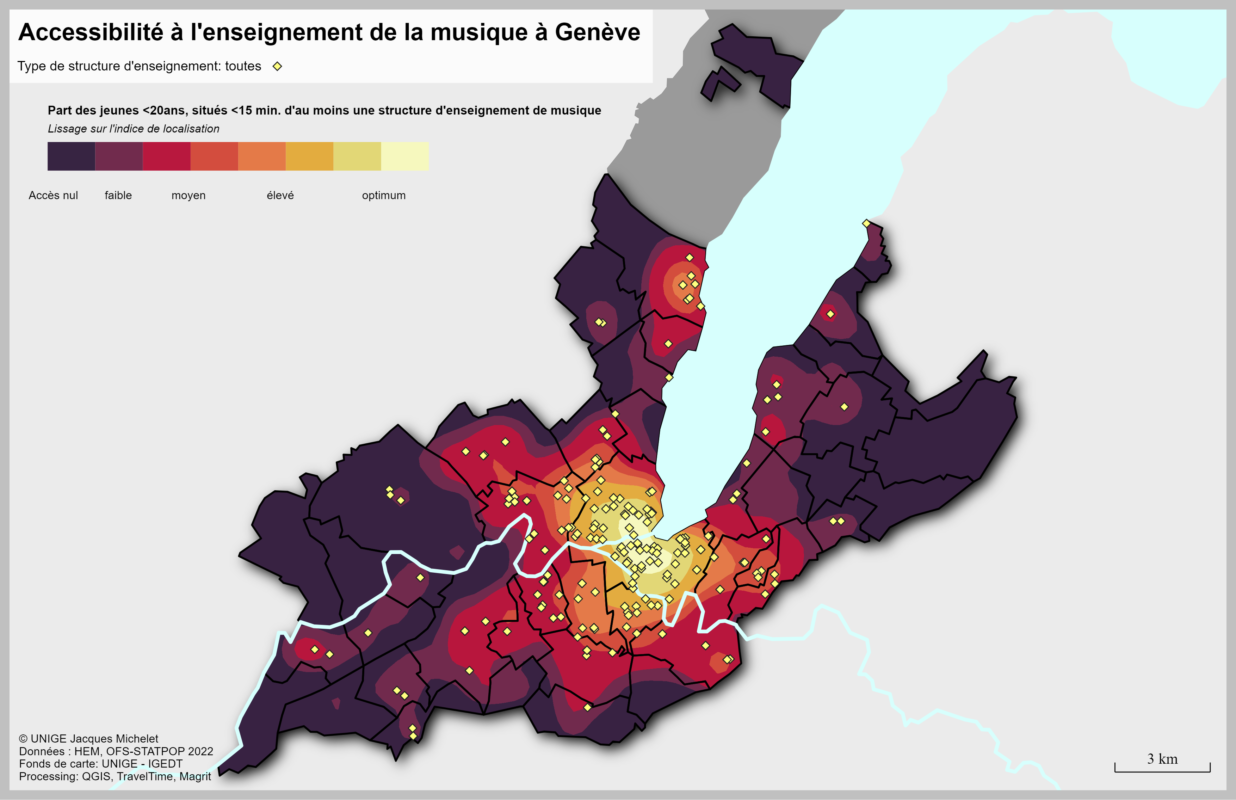Let the music flow!

In the wake of the pandemic, SONART is launching a social and professional policy campaign with a seven-point program to further promote music and culture!
The pandemic has clearly shown that there is an enormous need to catch up in terms of professional security, guaranteed fees, fair salaries and allowances, and appropriate framework conditions for cultural policy. The crisis has heightened public and political awareness of the music industry. Aid measures during the pandemic put - for the first time! - on an equal footing with other professions. SONART intends to build on this foundation.
Enjoy listening to music, and because musicians also enjoy listening to music, people think that the question of salary and social security is less important, when on the contrary, compared to many other professions, it's the profession that has the least value in the pecuniary sense of the term: what could be more normal, when I hire a craftsman to carry out a repair, than to pay at least 125 francs an hour, whereas if I'm looking for a musician for a concert, the mere request for a fee already irritates me. And public spending on culture, in the communes and cantons, is always the first to be cut. Of course, culture and music generate high social values, but musical prestige should cost as little as possible.
Fortunately, orchestral musicians or music teachers employed in schools benefit from contractually agreed salary conditions that are, more or less, guaranteed - just like public school teachers.
According to the income study published in 2021 by Suisseculture Sociale, almost half of all music creators in Switzerland are self-employed. But whether they are intermittent or semi-independent, with additional income from odd jobs, they all need good framework conditions if they are to earn enough to live on. Thanks to Covid-19 emergency aid, many people who would otherwise have fallen through the cracks have been able to catch up. Some have gone in search of other activities and/or have had to dip into their savings.
Thus, after the so-called end of the pandemic, many are still far from ready to return to the market: organizers in all disciplines are still reluctant, and winning back audiences requires a great deal of time and effort. At the same time, some public cultural promotion bodies, such as cantons and cities, are cutting back on their cultural budgets. This is also the case for the city of Berne, and will inevitably have repercussions on artistic creation and cultural diversity in general, even if the announcement by public authorities to give greater weight to fees and social benefits when granting financial aid must surely be seen as a positive move.
Against self-exploitation
Many musicians, but also many cultural organizers, are confronted with the absurd situation of producing under conditions of self-exploitation: "The lowest fee wins!" said a jazz musician to me, shrugging his shoulders.
That's why SONART is committed to developing guidelines for ho-noraries in all areas of independent musical activity again this year. After all, it's in the interests of the entire scene that fair conditions prevail everywhere, and that professional quality is remunerated at its fair value.
Big business is elsewhere
The global music business is a cash machine in which only a privileged few musicians in every field are paid a pittance. Most of the revenue goes not to the artists, but to producers, streaming platforms, distribution groups and shareholders.
That's why issues such as global streaming taxes and their use to promote indigenous music - following the example of the "Lex Netflix" just adopted by the Swiss people - are high on SONART's political agenda.

In the wake of the pandemic, SONART is launching a social and professional policy campaign with a seven-point program to further promote music and culture!
The pandemic has clearly shown that there is an enormous need to catch up in terms of professional security, guaranteed fees, fair salaries and allowances, and appropriate framework conditions for cultural policy. The crisis has heightened public and political awareness of the music industry. Aid measures during the pandemic put - for the first time! - on an equal footing with other professions. SONART intends to build on this foundation.
Enjoy listening to music, and because musicians also enjoy listening to music, people think that the question of salary and social security is less important, when on the contrary, compared to many other professions, it's the profession that has the least value in the pecuniary sense of the term: what could be more normal, when I hire a craftsman to carry out a repair, than to pay at least 125 francs an hour, whereas if I'm looking for a musician for a concert, the mere request for a fee already irritates me. And public spending on culture, in the communes and cantons, is always the first to be cut. Of course, culture and music generate high social values, but musical prestige should cost as little as possible.
Fortunately, orchestral musicians or music teachers employed in schools benefit from contractually agreed salary conditions that are, more or less, guaranteed - just like public school teachers.
According to the income study published in 2021 by Suisseculture Sociale, almost half of all music creators in Switzerland are self-employed. But whether they are intermittent or semi-independent, with additional income from odd jobs, they all need good framework conditions if they are to earn enough to live on. Thanks to Covid-19 emergency aid, many people who would otherwise have fallen through the cracks have been able to catch up. Some have gone in search of other activities and/or have had to dip into their savings.
Thus, after the so-called end of the pandemic, many are still far from ready to return to the market: organizers in all disciplines are still reluctant, and winning back audiences requires a great deal of time and effort. At the same time, some public cultural promotion bodies, such as cantons and cities, are cutting back on their cultural budgets. This is also the case for the city of Berne, and will inevitably have repercussions on artistic creation and cultural diversity in general, even if the announcement by public authorities to give greater weight to fees and social benefits when granting financial aid must surely be seen as a positive move.
Against self-exploitation
Many musicians, but also many cultural organizers, are confronted with the absurd situation of producing under conditions of self-exploitation: "The lowest fee wins!" said a jazz musician to me, shrugging his shoulders.
That's why SONART is committed to developing guidelines for ho-noraries in all areas of independent musical activity again this year. After all, it's in the interests of the entire scene that fair conditions prevail everywhere, and that professional quality is remunerated at its fair value.
Big business is elsewhere
The global music business is a cash machine in which only a privileged few musicians in every field are paid a pittance. Most of the revenue goes not to the artists, but to producers, streaming platforms, distribution groups and shareholders.
That's why issues such as global streaming taxes and their use to promote indigenous music - following the example of the "Lex Netflix" just adopted by the Swiss people - are high on SONART's political agenda.








